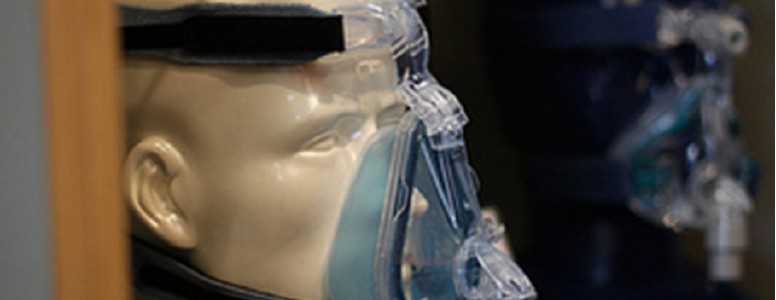A treatment for sleep apnea could reduce the risk of heart disease in people at high risk of type 2 diabetes, researchers suggest.
Continuous positive airway pressure (CPAP) is a common therapy to treat obstructive sleep apnea (OSA), which is caused by obstructions preventing air reaching the lungs. CPAP therapy helps to keep these airways open by providing mild air pressure, helping those who struggle to breathe independently at night.
Researchers from Canada and America explained that past research indicated OSA was linked to a rise in ‘fight or flight’ activity, leading to higher heart rates because of the nature of the condition in obstructing breathing.
Now, the study team from Quebec-based McGill University and The University of Chicago has suggested that CPAP treatment has benefits for people at high risk of type 2 diabetes.
A total of 39 participants with prediabetes and OSA were randomised into two groups. One set of participants were studied wearing CPAP masks in a sleep lab during a two-week period. Their resting heart rates were monitored during the day. The second group received placebo tablets.
The results showed that, especially during the experiment’s second week, people treated with CPAP had “significantly” lower resting heart rates during daylight hours compared with people in the placebo group.
Study author Dr Esra Tasali, who is the director of The University of Chicago’s Sleep Research Center, said: “OSA is exceedingly common among individuals with abnormal glucose tolerance. Our study is a first step in demonstrating that optimal treatment of sleep apnea reduces cardiovascular risk in those with prediabetes.”
Tasali and colleagues concluded that the effect of CPAP on resting heart rate was comparable to using beta blockers, a treatment given to people with heart conditions, and could therefore have significant benefits on heart health.
The findings were presented in the American Journal of Respiratory and Critical Care Medicine.
What's new on the forum? ⭐️
Get our free newsletters
Stay up to date with the latest news, research and breakthroughs.






